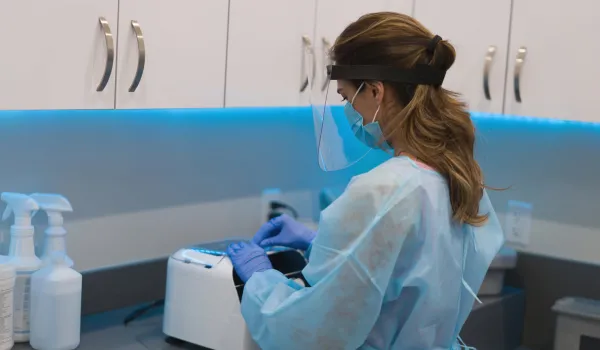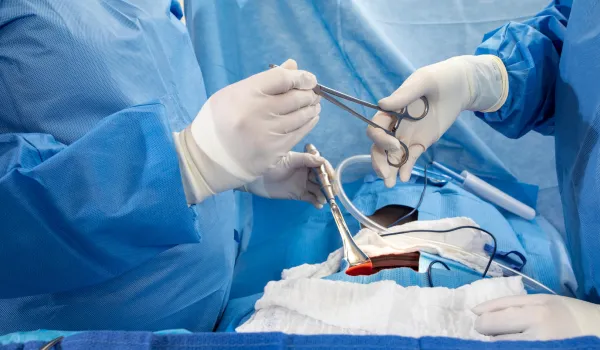Concorde Staff

In answering the question, what do Radiologic Technologists do, we went straight to the source - namely, the American Society of Radiologic Technologists website. So, read with interest. It's these skills and procedures that our rad tech students learn in our Concorde radiology tech programs in Tennessee and radiology tech programs in Colorado. Perhaps they're skills and job requirements that match your interests and abilities. It might be worth checking out by calling a Concorde representative at one of these locations.
What do Radiologic Technologists do?
Radiologic Technologists are the medical personnel who perform diagnostic imaging examinations and administer radiation therapy treatments. They're educated in anatomy, patient positioning, examination techniques, equipment protocols, radiation safety, radiation protection, and basic patient care.
They might specialize in a specific imaging technique such as bone densitometry, cardiovascular-interventional radiography, computed tomography, mammography, magnetic resonance imaging, nuclear medicine, quality management, sonography or general radiography. The Radiologic Technologists who specialize in radiation therapy, which is the delivery of high doses of radiation to treat cancer and other diseases, are radiation therapists and medical dosimetrists.
Registered Radiologic Technologists (RTs) must complete two years - or, in the instance of an accelerated program like what we have at Concorde, 20 months - of formal education in an accredited academic institution or hospital-based program and must pass a national certification examination. To remain registered, they must earn continuing education credits.
Opportunities for advancement
An RT, should they wish, can advance his or her education and become a radiologist. Radiologists are physicians who earn a four-year doctoral degree to become an M.D. (medical doctor) or D.O. (doctor of osteopathy). They then complete a four-year residency in diagnostic radiology or radiation oncology. More than 90 percent of radiologists go on to become certified by the American Board of Radiology, indicating that they have passed a standardized national examination in radiology.
Radiologic Technologists are in demand in a variety of job settings, including hospitals, clinics, private practices, and group practices. Have you been thinking of a career in radiology and are searching for Radiologic Technologist schools? Concorde Career College can help you realize your career aspirations through an Associate of Applied Science degree in the exciting, growing field of diagnostic health care.

Take The Next Step Towards a Brighter Future
Interested in learning more about our Radiologic Technology program? We have a Concorde representative ready to talk about what matters most to you. Get answers about start dates, curriculum, financial aid, scholarships and more!






